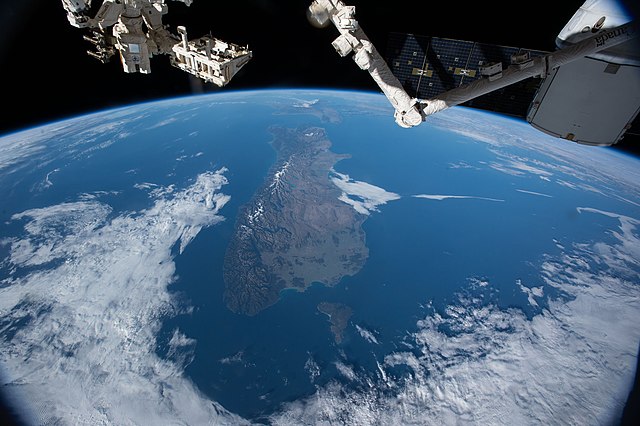The next big development in adventure tourism is frequently described as space tourism. Mission demonstrations were conducted by businesses like SpaceX, Virgin Galactic, and Blue Origin in 2021. Future rocket launches are expected to rise along with the burgeoning satellite business. Eloise Marais, an associate professor of physical geography, and Robert Ryan, a research fellow, have just demonstrated how harmful this tendency is to the ecosystem.
She explained to us, "We extrapolated what we think a potential future space tourism industry will look like based on the companies that launched missions last year," and predicted the air pollutant emissions from rocket launches in 2019.
Then, in order to calculate the consequences of these emissions on the climate, we merged them into a 3D model that depicts the intricate physical and chemical processes occurring in the atmosphere. Although there aren't many different kinds of fuel available for rocket launches, kerosene, hydrazine, and solid fuels that emit a lot of black carbon (also known as soot) are among the most environmentally harmful. Rockets have a lot of trouble when soot is present because it is so adept at absorbing solar energy and warming the atmosphere around it.
"Rockets release soot particles into the upper layers of the atmosphere," Eloise explains. "When this occurs, the black carbon can remain in the atmosphere for up to two years, which is significantly longer than the few weeks from sources on Earth.

